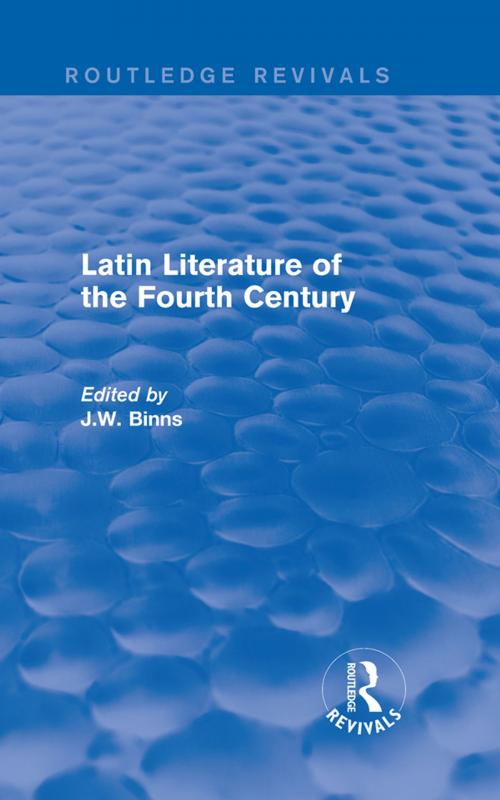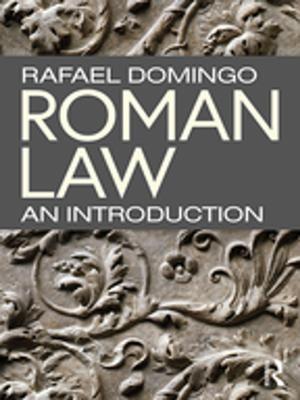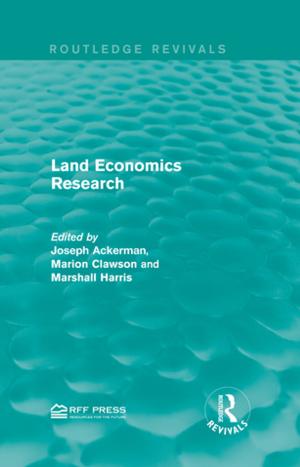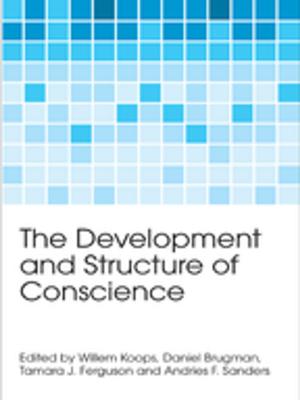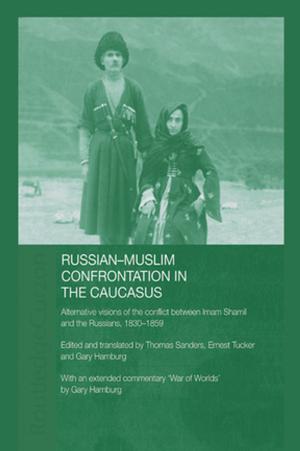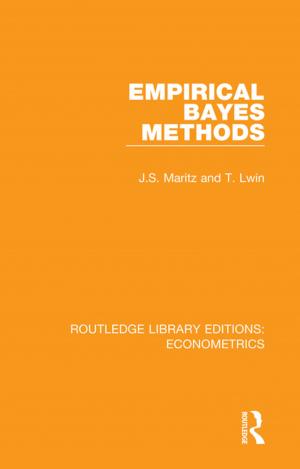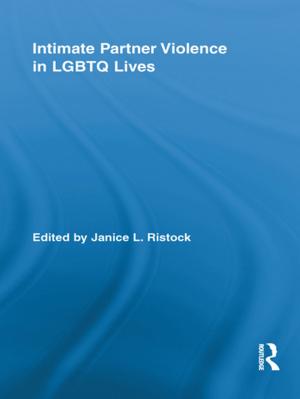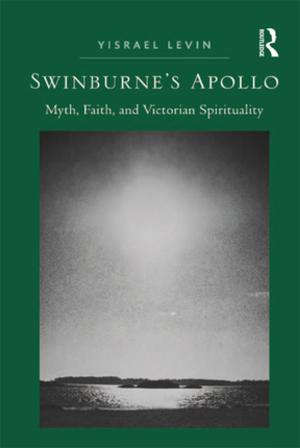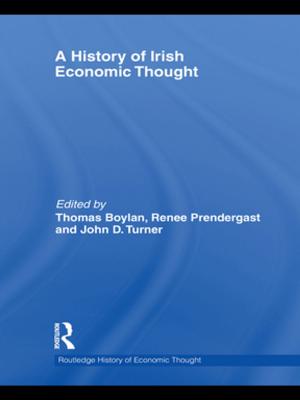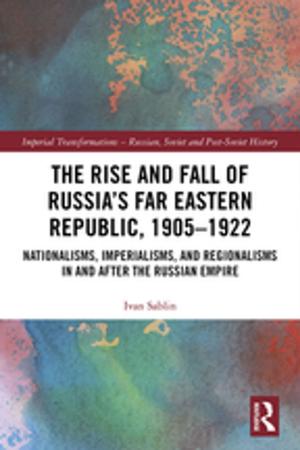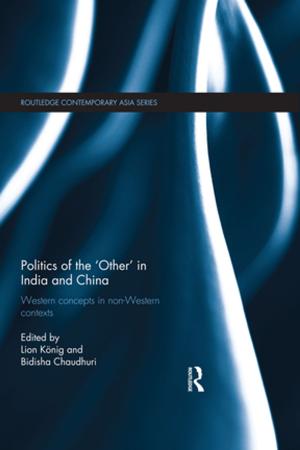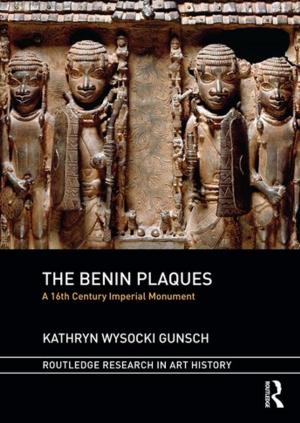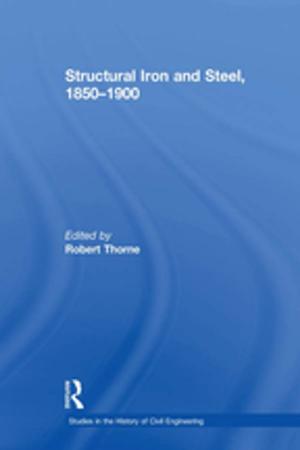Latin Literature of the Fourth Century (Routledge Revivals)
Fiction & Literature, Literary Theory & Criticism, Ancient & Classical, Essays & Letters, Essays| Author: | J. W. Binns | ISBN: | 9781317808572 |
| Publisher: | Taylor and Francis | Publication: | June 17, 2014 |
| Imprint: | Routledge | Language: | English |
| Author: | J. W. Binns |
| ISBN: | 9781317808572 |
| Publisher: | Taylor and Francis |
| Publication: | June 17, 2014 |
| Imprint: | Routledge |
| Language: | English |
This volume, offering an insight into the literary world of Rome in the fourth century AD, reflects an increased interest in the writers of the 150 years before the collapse of the Western Empire, who have long been over-shadowed by the pre-eminence accorded since the eighteenth century to the Golden and Silver ages.
Among the writers examined are Ausonius, the poet, Imperial official and tutor to Gratian; Claudian, the last major ‘classical’ poet; Prudentius, and Paulinus of Nola, two of the founders of Christian Latin poetry; Symmachus, the letter writer and supporter of die-hard paganism; and St. Augustine, whose influence on Christian thought and the Middle Ages is incalculable. These essays consider how such writers responded to a world where vitality was ebbing from the old forms of political life, religion and literature, giving way to new institutions, modes of life and horizons of reflection.
This volume, offering an insight into the literary world of Rome in the fourth century AD, reflects an increased interest in the writers of the 150 years before the collapse of the Western Empire, who have long been over-shadowed by the pre-eminence accorded since the eighteenth century to the Golden and Silver ages.
Among the writers examined are Ausonius, the poet, Imperial official and tutor to Gratian; Claudian, the last major ‘classical’ poet; Prudentius, and Paulinus of Nola, two of the founders of Christian Latin poetry; Symmachus, the letter writer and supporter of die-hard paganism; and St. Augustine, whose influence on Christian thought and the Middle Ages is incalculable. These essays consider how such writers responded to a world where vitality was ebbing from the old forms of political life, religion and literature, giving way to new institutions, modes of life and horizons of reflection.
